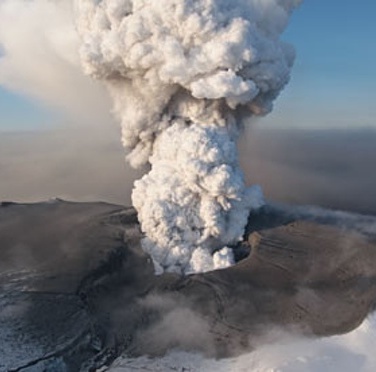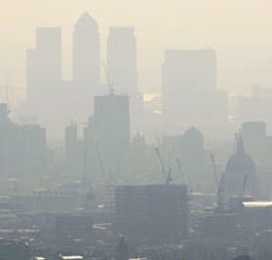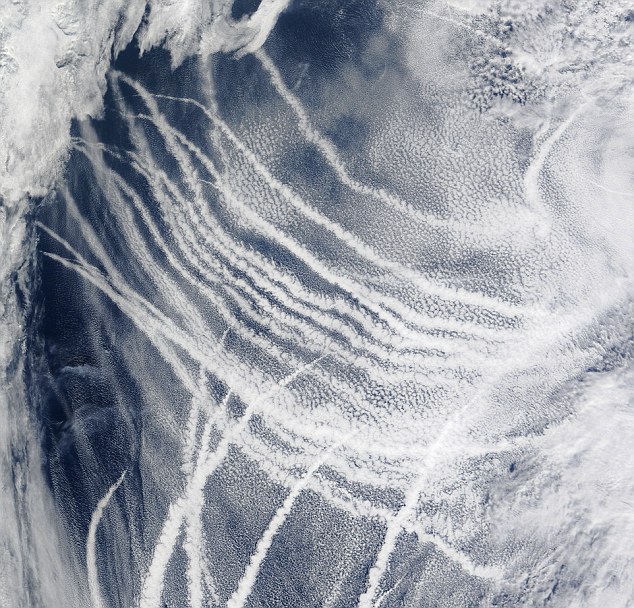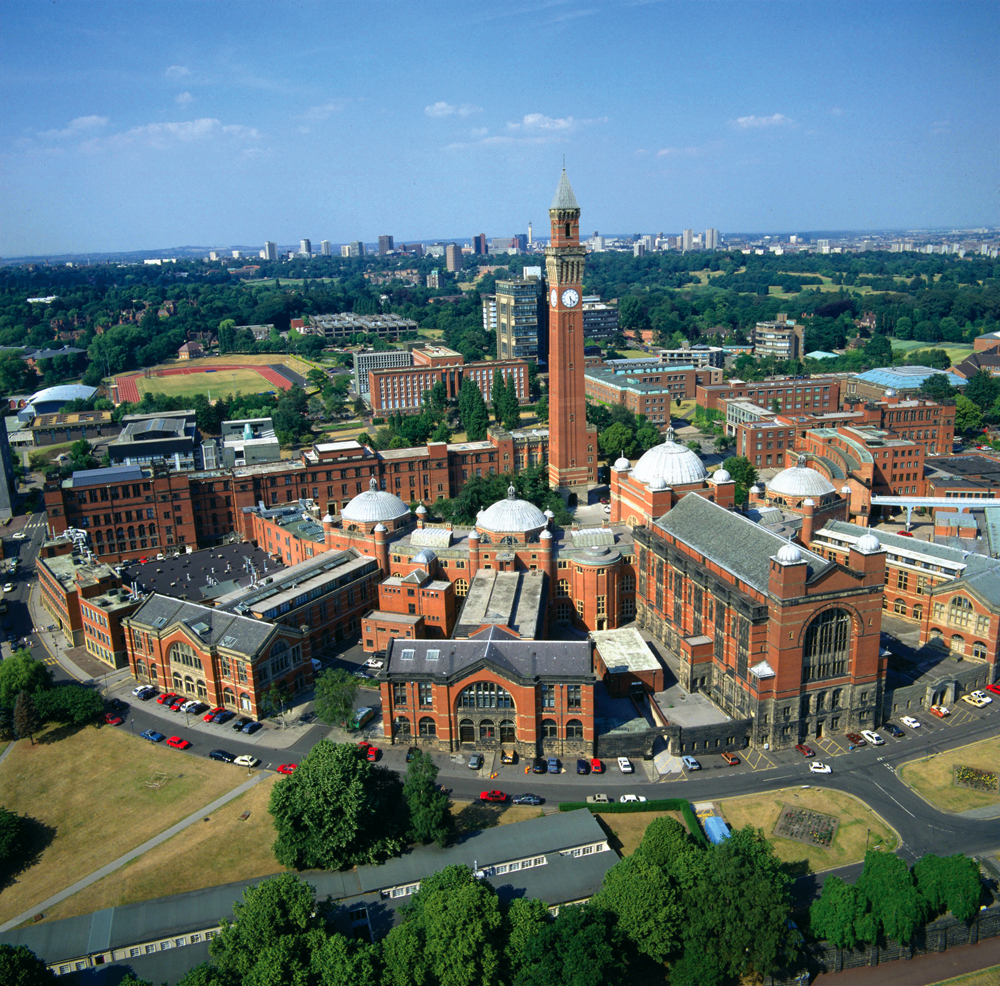
Scientific scope
The population of industrialised and developing countries is increasingly faced with the risk of pollution. Dramatic events such as oil spills and volcanic ash emission have huge environmental and economic consequences. Persistent air pollution, especially in urban environments, is perhaps an even more serious problem. Unsurprisingly, then, the dispersion of pollutants is a high priority for environmental agencies, and dispersion modelling is a key component of the forecasts provided by weather and marine centres, such as the Met Office, and by commercial providers. This modelling is facing a number of challenges, from the representation of unresolved turbulence to the plethora of chemical reactions controlling pollutant levels. Tackling these has required and still requires the development of mathematical methods drawing from several areas including stochastic modelling and probability, dynamical systems and numerical analysis.


